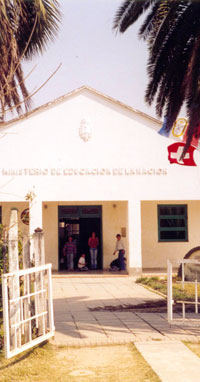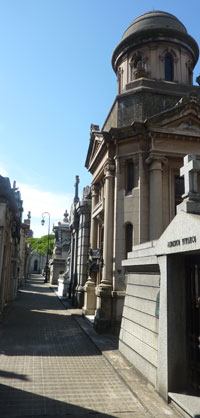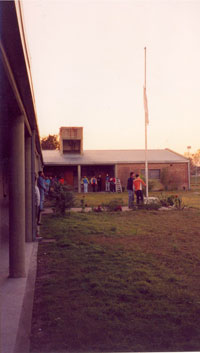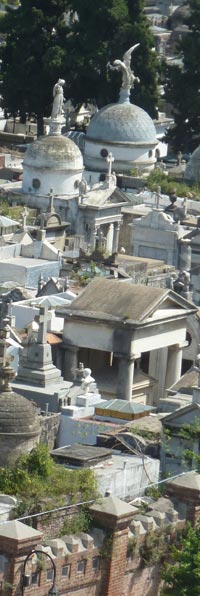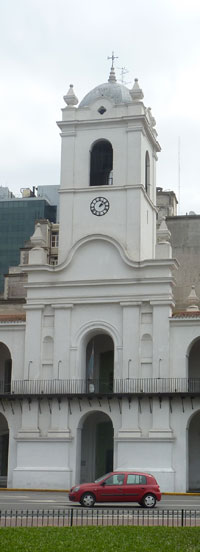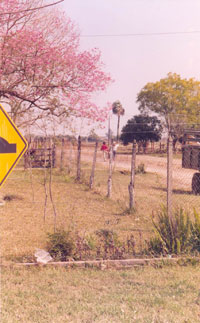Data Collection in Argentina
The Argentina project is a pilot mixed-methods study with high school teenagers. The teenagers were drawn from seven public high schools in two areas of the country—five schools in Santa Fe state and two schools in Buenos Aires City, with the sites selected to represent rural and urban parts of the country. Within each setting, high school directors were contacted and asked for authorization to invite the participation of students attending the last three years of high school. Students were chosen to represent generally those in these grades rather than any specific class.
The study in Argentina collected data through both focus groups and surveys. The focus groups were segregated by sex, with the number of participants in each group ranging from 6 to 10 individuals. Altogether, we conducted 8 focus groups with students from 2 high schools in rural Santa Fe, and 8 focus groups with students from two high schools in the City of Buenos Aires, with equal representation of male and female groups in each setting. With a few exceptions participants of the focus groups were classmates. The focus groups discussed a range of topics centered on the meanings of modernity and traditionality and the ways they were connected with social structure, families, and change.
Prior to the conduct of the focus groups, participants were asked to complete a self-administered questionnaire containing both demographic questions and questions about various aspects of developmental idealism. This self-administered questionnaire was also independently administered to additional students in the same high schools in Buenos Aires City, and in three additional high schools in rural Santa Fe thereby substantially increasing the number of questionnaires obtained (456) over the number of people participating in the focus groups (132). Like the students participating in the focus groups, these students were not limited to classes of any particular subject matter.
